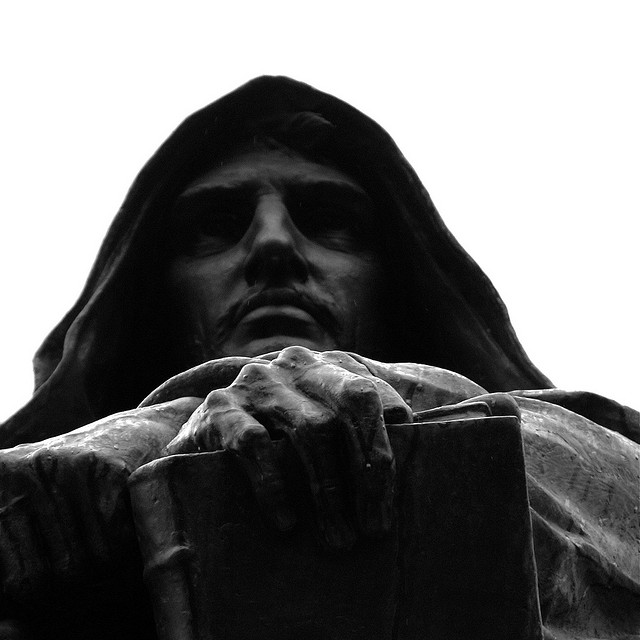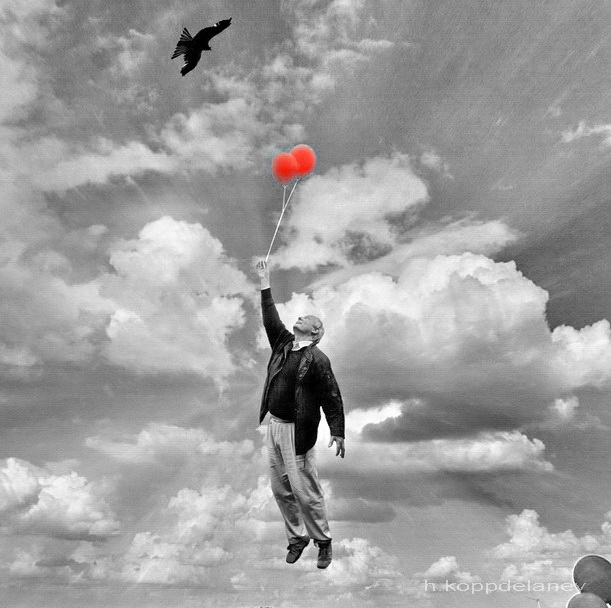Each Wednesday in What Memes Mean, Kirk Bozeman questions the significance, humor, and subtexts of viral videos, memes, and other Internet fads.
More changes to our beloved Facebook are being forced upon us by the trampling hordes of social media developers, the programmers who seek to uncaringly pillage our consistencies and set fire to our comforts. This time they call it “Timeline.”
If you haven’t checked out Timeline, you should. This update is big — perhaps the biggest one to date — mainly because of what it seems to signify.
Timeline represents a major shift in Facebook’s philosophy of what it is supposed to be and do. It will be moving our profiles away from a simple platform for share-as-you-go posting to a more ambitious attempt at encapsulating our entire lives from birth to now on a Web page. Instead of being a marketplace for haphazard interpersonal interaction, Facebook wants to be an intensive personal scrapbook for every human being, replete with all life events chronicled in multiple forms of media from birth to now.
When you turn it on, the obvious becomes obvious: Timeline is an actual timeline for each person — just like the timelines we studied and drew in eighth grade history class. It’s a line marked in years with dots pertaining to each of my inputs to the Facebook grid. If I already have school and birthday information entered, Facebook automatically adds it. If I keep scrolling down, Facebook is basically begging me to upload my baby pic. From recent new feeds, my friends are already beginning to key in their special extra “life events” as well.
This is pretty big. Thus far we’ve crafted our digital self-representations out of random Likes and Pages, school and work info, a few boxes for our own text, and a wall for posting our “whatevers.” But now we are being asked to create a history lesson of ourselves, a full presentation of “where we’ve been to where we are now.” The emphasis seems to be shifting from interaction with others through an online profile to an online profile through which we can potentially interact with others. That’s a pretty big shift.
I won’t say here whether I think this shift is good or bad or neutral, but I will say this: It creeps me out a bit. Facebook is emphasizing birth to now (reference the promo video at the Timeline link above), with the arrow happily continuing forward. But when you attach a timeline to a human being, that line will eventually end. There’s really no way to avoid that realization.
And to force us all to face life as beginning/middle/end every time we check our profile seems a tad morbid to me. I can’t imagine discussions of mortality didn’t come up during Timeline programmer meetings. But though it’s kind of creepy, maybe it’s kind of helpful.
Is Timeline Facebook’s attempt at encouraging us to cherish our lives, to look beyond the potential pettiness inherent in social media? Is Facebook starting to categorize our updates and life events as “important” and “not as important” to try to teach us that this is actually, in fact, how life really works? Is the movement to these points on lines an attempt to “teach us to number our days” and to “[redeem] the time”? A bit over the top, I know, but perhaps pillaging programmers can tap into the wisdom of the ages. I’ll give them the benefit of the doubt.
Maybe Timeline is Facebook’s conscious attempt at making us face life as life: something beautiful and brief we are called to fill with as many meaningful dots as we can. That’s almost an anti-social media form of social media.











